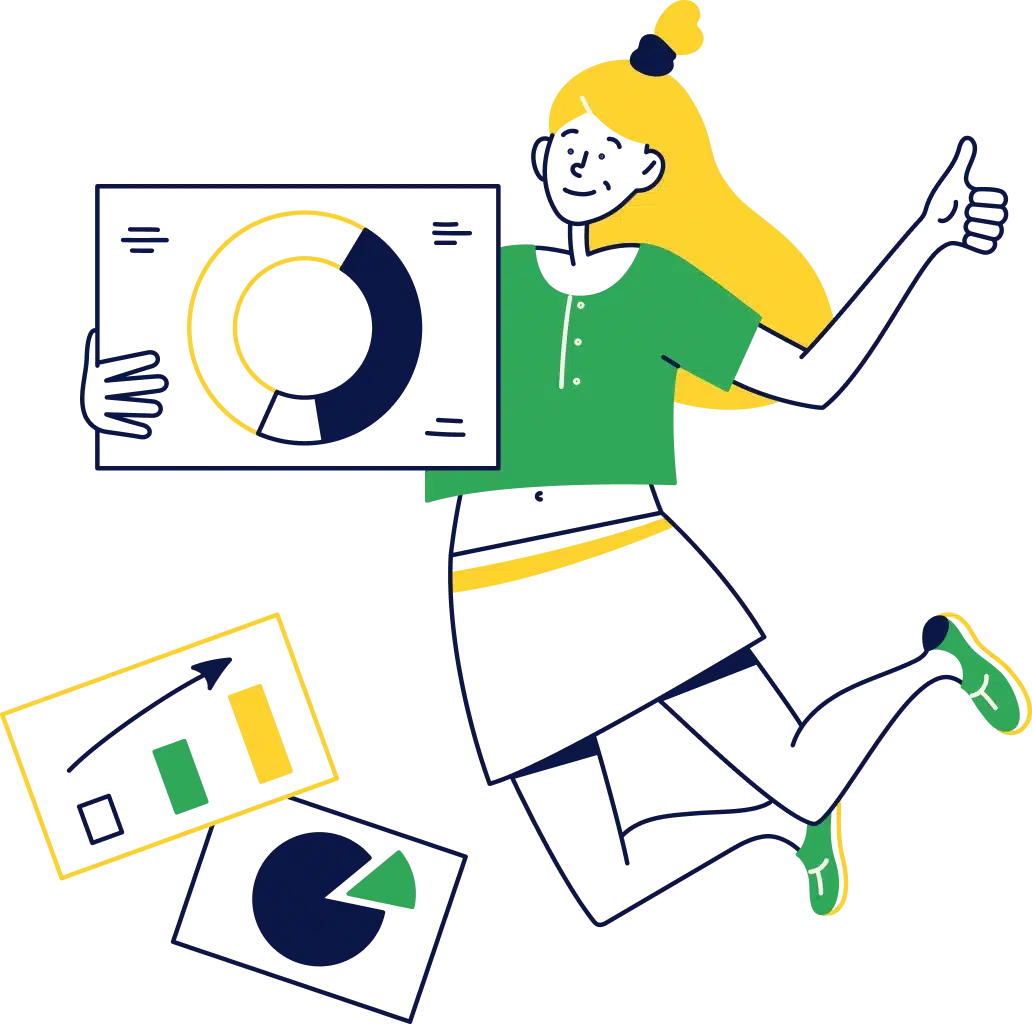UK StartUp Awards Rural Winner 2025
Dyslexia Tutoring and Coaching
Dyslexia tutors for Primary, Secondary, GCSE, A Level, and university students - online across England and Wales and in-person in selected areas.
- Speak directly with your tutor
- Automatic payments, simple and secure
- Clear hourly rates


All tutors are:
Enhanced DBS checked
Background checked and verified regularly.
Safeguarding trained
Updated annually to protect and support students.
Fully insured
Every session is covered for peace of mind.
Individually interviewed
Quality and reliability assessed in person.
How it works
Calm, practical tutoring for students with dyslexia. We focus on reading, spelling and study skills, with tutors selecting approaches that suit each student. We interview every tutor and only work with people who are passionate about SEN, safeguarding-trained, Enhanced DBS-checked and fully insured. Sessions run online or in person across England and Wales.

Free introduction
Meet your tutor, share student's strengths and challenges, agree on tutoring goals and how progress will be tracked.

Weekly session
Varied sessions with opportunities to practice new skills.

Regular reviews
Formal feedback every five sessions or every month, depending on your session plan.
Meet our Dyslexia tutors
Our tutors are verified and vetted, safeguarding-trained, Enhanced DBS-checked, insured, and experienced in supporting a wide range of needs. Each shares our calm, evidence-based approach.


Prices
Transparent pricing with flexible options to suit your learning needs
Simple payments
Payments are simple and automatic.
Move or cancel
They can be cancelled or rescheduled any time up until 24 hours before the session.
In-person option
In-person sessions include a £15 travel fee.
Pause any time
Flexibility to stop for up to two weeks and restart when you need.

Who we help
Supporting learners at every stage of education
Primary and Secondary students
GCSE, A Level, and Functional Skills
Home-educated learners, EHCP, and EOTAS
University students who need study skill support
Common challenges we support
Reading difficulties
Build fluency and understanding with simple, repeatable routines that grow speed, stamina and confidence.
Spelling difficulties
Make spelling feel logical by noticing patterns and building word knowledge through steady, focused practice.
Writing and organisation
Give students clear ways to plan and present ideas, with habits that improve accuracy and tidy presentation.
Maths confidence
Make questions manageable, highlight what matters and use reliable step-by-step approaches to reduce stress.
Working memory
Reduce mental strain by breaking down long tasks into manageable chunks, and using regular recaps to lock in learning.
Self‑esteem and motivation
Set realistic goals, notice progress and celebrate successes so students feel capable and proud.
How we help
Everyone has a unique mix of strengths and barriers, so we avoid one-size-fits-all styles. We hire experienced tutors and give them room to teach in their style, with clear goals, small steps, steady practice and kind accountability. All tutors are interviewed, passionate about SEN, safeguarding-trained, insured, and hold an Enhanced DBS certificate.


Our method
Sessions are typically 60 minutes with varied tasks and, where helpful, short breaks. Tutors start from what the student can already do and build the next step, linking work to current class tasks so progress shows up in school. Approaches are chosen by the tutor to suit the learner.

GCSE and A Level support
GCSE and A Level tutoring for students with dyslexia. We help students strengthen subject understanding, written work, and practise exam-style questions in a manageable way. Where helpful, we also support students to use exam-friendly approaches to reading and writing, so they can show what they know more clearly.
FAQs
Quick answers to common questions

Dyslexia tutoring develops reading, spelling, and study skills through clear, step-by-step instruction and predictable routines. We offer online Dyslexia tutoring across England and Wales and in-person sessions in selected areas.
No. We provide tutoring and coaching, not diagnostic assessments. If you need a formal dyslexia assessment, we can signpost qualified assessors. Support is effective with or without a diagnosis.
Yes. We address phonological awareness at any age and pair phonics with morphology, vocabulary and writing skills. This supports KS3, GCSE and A Level study.
Yes. We support students seeking GCSE and A-level subject support via subject-specific tutoring, as well as providing study skills tutoring and coaching that is applicable across all subjects. We work on reading papers, extended writing, revision plans and exam technique. We can also help students learn how to make the best use of their exam access arrangements, so they know what to do ahead of time.
Tuition starts from £72 per 50-minute online session. In-person sessions include a travel fee. Book a free introductory call to map strengths, agree goals and plan weekly sessions.
Meet your tutor today
-
Interviewed tutors, safeguarding-trained, enhanced DBS, and insured
-
Free 20-minute call before you decide


What support are you looking for?
Select all the areas that apply. This will help us find the right expert.Academic & subject support
Learning & study skills
Subject tutoring focuses on what is being learned (e.g., “I need help with Algebra.”).
Skills coaching focuses on how it is learned (e.g., “I need help getting organised to study for Algebra.”).
Choose the main path you want to explore first. You’ll be able to review expert profiles before making any decisions.
Can't see the subject you are looking for?
Book a call with us

